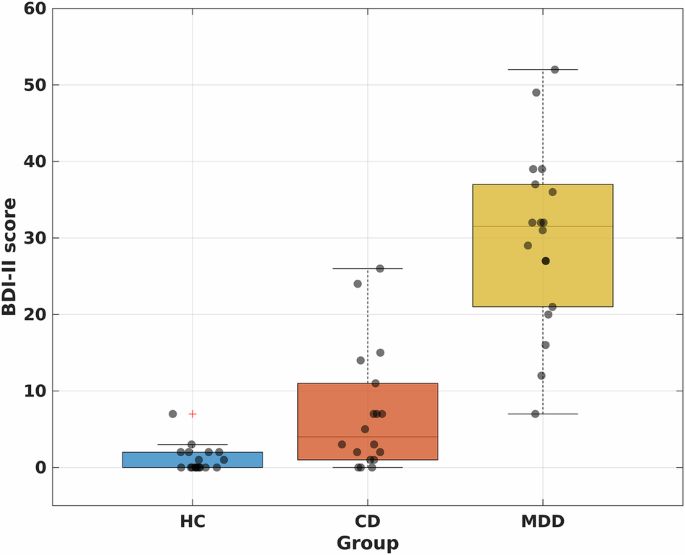


https://hbr.org/2025/10/what-every-leader-can-learn-from-the-principles-of-yoga

https://hbr.org/2025/10/what-every-leader-can-learn-from-the-principles-of-yoga


https://onlinelibrary.wiley.com/doi/10.1002/jpn3.70235

https://onlinelibrary.wiley.com/doi/10.1002/jpn3.70235










Feeling extremely grateful to have him by my side as I continue to recover.


Feeling extremely grateful to have him by my side as I continue to recover.


Reyes-Diaz, et al.
➡️ doi.org/10.14309/ctg.0000000000000883







